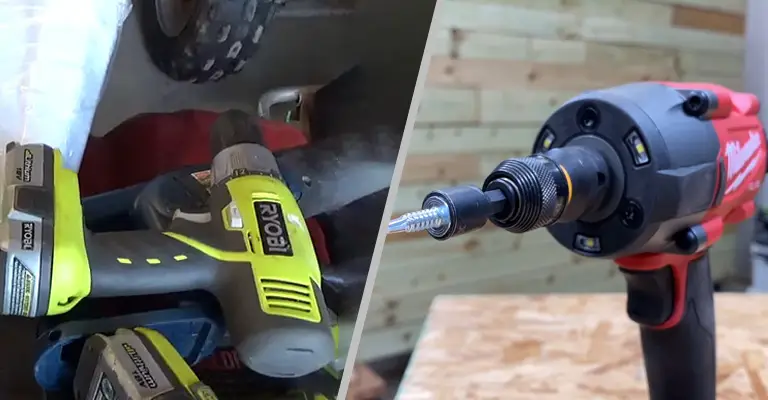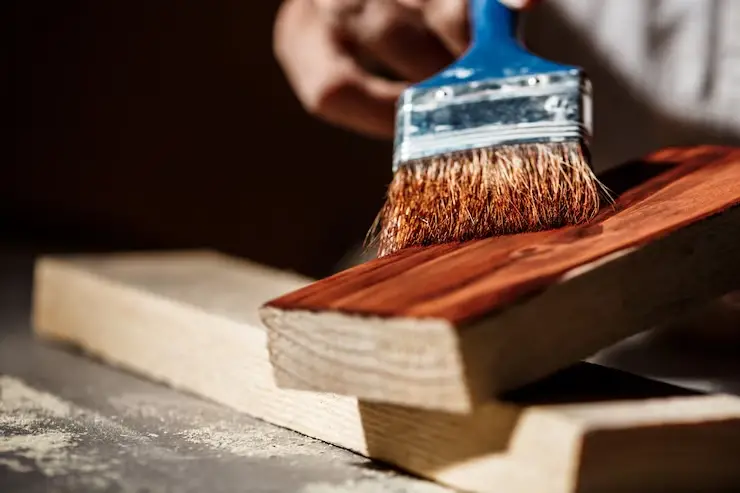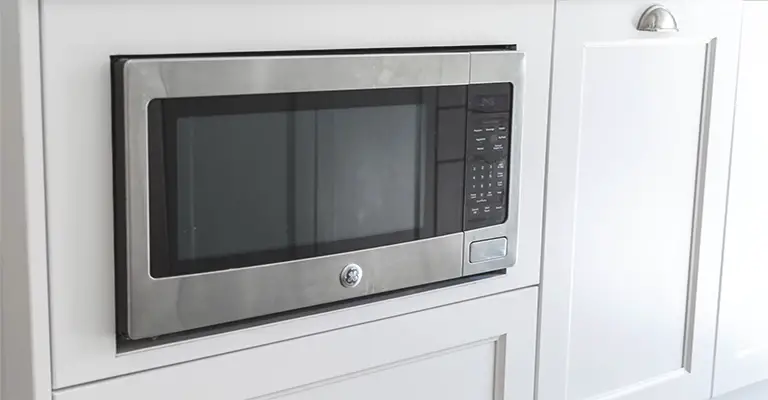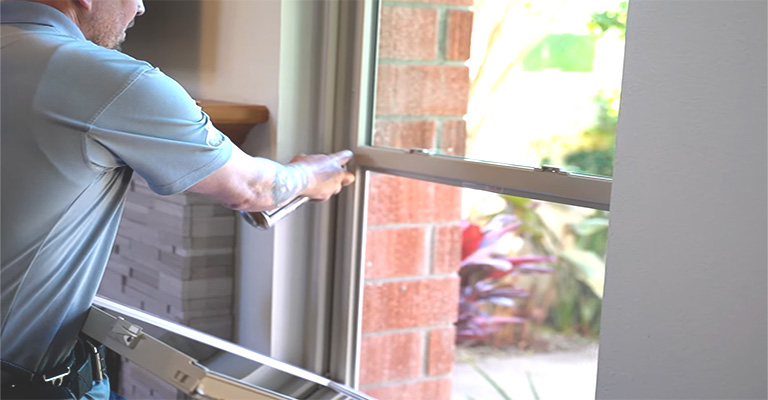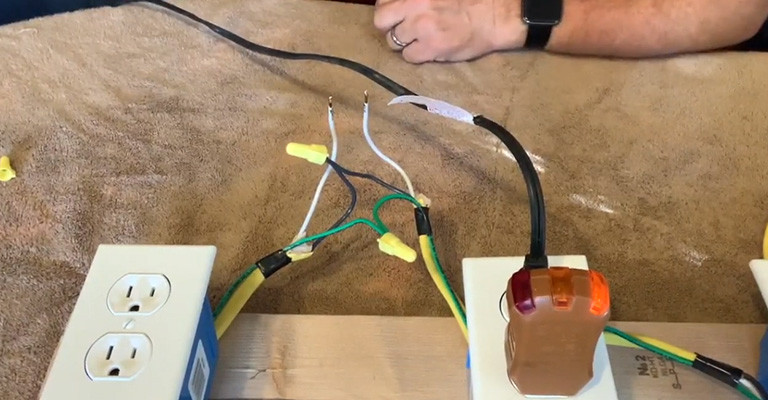Unraveling the Essentials of Effective Driveway Repair
When it comes to maintaining the exterior aesthetics of your home, driveway repair is an aspect that shouldn’t be overlooked. Often exposed to harsh weather conditions and regular wear and tear, driveways can suffer from cracks, potholes, and other forms of damage. Not only does this impact your property’s curb appeal, but it can also pose potential safety risks.
This article provides a comprehensive guide on driveway repair, exploring why it’s important, how often it should be done, and different repair methods to consider.
Understanding the Importance of Driveway Repair
The driveway serves as one of the first impressions visitors have of your home. A well-maintained driveway enhances your property’s aesthetics and value. On the other hand, a damaged driveway can be hazardous, leading to potential accidents or vehicular damage. Regularly attending to your driveway repair needs ensures safety while preserving the longevity and integrity of the driveway surface.
Identifying the Need for Driveway Repair
Driveway repair should be considered as soon as visible signs of deterioration appear. Cracks, potholes, and erosion are common signs that your driveway requires attention. Additionally, if the driveway has not been serviced in several years, it might be time for an inspection and potential repair.
It’s also worth noting that different driveway materials – such as asphalt, concrete, or gravel – each come with their own unique set of repair considerations. For instance, while asphalt might require regular sealing, concrete might need crack filling and resurfacing. Understanding the specific needs of your driveway material can help you ensure optimal care.
Driveway Repair Techniques
There are several methods used for driveway repair, each tailored to the specific damage present.
Crack Filling
This is often the first step in repairing driveways, particularly for concrete and asphalt surfaces. It involves injecting a rubberized sealant into cracks to prevent further damage.
Resurfacing
If your driveway has extensive damage but the base is still solid, resurfacing could be the best option. It involves adding a new layer of asphalt or concrete over the existing driveway.
Sealing
Driveway sealing is a preventive measure that helps protect the surface from future damage. It’s particularly recommended for asphalt driveways to safeguard them against the elements and prolong their lifespan.
When to Call the Professionals
While some minor driveway repairs can be DIY, there are times when calling in the professionals is necessary. If the driveway has extensive damage, if the repairs require specialized equipment, or if you’re dealing with a material that requires specific expertise, hiring a professional driveway repair company is advisable.
Remember, the cost of fixing a poorly done DIY repair can often exceed what you would have paid a professional from the start. Furthermore, professionals have the necessary training and tools to ensure the job is done correctly, safely, and efficiently.
Cost Considerations for Driveway Repair
Repairing a damaged driveway can sometimes be a significant investment, but it’s a necessary one. The cost will vary depending on several factors, including the size of your driveway, the extent of the damage, the material, and whether you choose a DIY approach or hire a professional.
On average, professional driveway repair services can cost between $2 and $5 per square foot for basic repairs. However, more extensive work, like resurfacing, may cost between $1 and $3 per square foot. The cost can increase if there are more complicated issues that need addressing, such as subgrade problems or drainage concerns. It’s essential to get a quote from several service providers to ensure you’re getting a fair deal.
Choosing the Right Driveway Repair Company
Choosing the right professional for your driveway repair is crucial. You’ll want to find a company with experience, a good reputation, and fair pricing. To start, search for local companies and check out their online reviews. Ask for references and reach out to past customers to get their feedback.
Moreover, ensure that the company is licensed, insured, and bonded. This protects you from liability in case of accidents during the repair process. Don’t shy away from asking questions about their work process, the materials they use, and the timeline for completion.
Maintaining Your Driveway Post-Repair
Once your driveway has been repaired, it’s important to maintain it to prolong its lifespan and keep it in good condition. Here are some tips:
Clean Regularly
Cleaning your driveway removes harmful substances like oil and grease, which can cause damage over time.
Seal the Driveway
Regularly sealing your driveway (every 2-3 years for asphalt, every 5 years for concrete) can protect it from damage caused by water, ice, and UV rays.
Avoid Heavy Loads
Heavy vehicles can cause cracks in your driveway. If possible, avoid parking large, heavy vehicles on your driveway for extended periods.
Address Damage Immediately
If you notice a small crack or pothole, address it immediately to prevent it from worsening over time.
Final Words
Asphalt Driveway Repair for Concrete Surface
Maintaining a well-maintained concrete or asphalt driveway is not just about aesthetics, but it’s also about upholding the integrity and safety of your property. From addressing small cracks to dealing with large ones, concrete driveway repair or cold patch asphalt applications for asphalt driveways can ensure a seamless surface that withstands the test of time.
When it comes to driveway repair, be it for concrete driveways, gravel driveways, or asphalt ones, understanding the different techniques like using driveway sealer for small cracks, or a complete resurfacing for an entire driveway, is essential. And while the concrete driveway repair cost may seem substantial at first glance, the value it adds to your property is considerable.
Remember, a well-maintained concrete driveway is an investment. By addressing driveway cracks immediately, applying the correct asphalt sealant or repair methods, you’ll be extending the lifespan of your concrete or gravel driveway. Whether you’re filling in small cracks or taking on large ones, the health of your driveway surface matters. Stay proactive, and keep your driveway at its best, ensuring it remains a valuable asset to your property.

